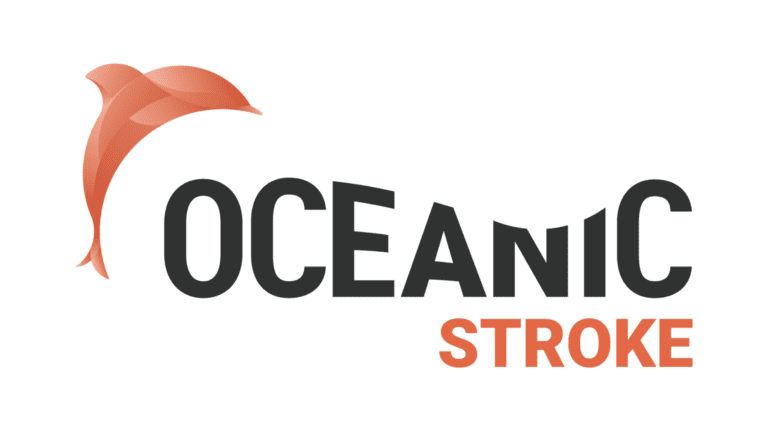
Salim Yusuf
The American Heart Association (AHA)’s top heart disease and stroke research advances of 2021 included TIPS-3 led by PHRI Senior Scientist Salim Yusuf (NEJM ). AHA wrote that “in the challenge of preventing cardiovascular disease, a one-pill-fits-all approach could have a broad public health impact” globally.
Also among its top research advances AHA selected AMPLITUDE -O, the international study of the drug, efpeglenatide, in people with type 2 diabetes and a history of CVD or current kidney disease plus at least one other CV risk factor.
PHRI Deputy Director and Senior Scientist Hertzel Gerstein was global chair of AMPLITUDE-O and first author in NEJM.
Meanwhile, the European Heart Journal (EHJ)’s Year in Cardiovascular Medicine 2021 (Francesco Cosentino, Deepak Bhatt, Nikolaus Marx and Subodh Verma) also cited AMPLITUDE-O as a major advance in understanding how efpeglenatide – “another GLP-1RA that garnered attention in the CV community” – lowered CV event risk in people with type 2 diabetes, and offered cardiorenal benefits to T2D patients.

Gerstein, Eikelboom
The EHJ authors also noted the advances for people with diabetes from findings of the COMPASS trial, published mid-2021 with PHRI Senior Scientist John Eikelboom as senior author (JAAC). They write:
“The COMPASS trial established the benefit of dual pathway inhibition with vascular dose rivaroxaban (2.5 mg twice daily) and low-dose aspirin in patients with coronary artery disease or peripheral artery disease.
An analysis of patients from COMPASS showed consistent benefits in those with and without diabetes… While the overall COMPASS trial did find lower mortality with dual pathway inhibition, the mortality reduction in those with diabetes was approximately three-fold greater than in those without diabetes. Importantly, the excess bleeding hazard seen in the overall trial was not amplified in those with diabetes. While major bleeding was significantly increased, there was no significant increase in fatal or intracranial bleeding in the overall trial or in the patients with diabetes, though the number of events was relatively low and if using this regimen, patients with elevated bleeding risk should be carefully screened out.”
Top Cardiology Trials of 2021

Richard Whitlock
Elsewhere, experts at Medscape and Cardiology Today cited PHRI’s LAOOS III trial as (one of) the most important trial in cardiology in 2021.
Led by PHRI Scientist Richard Whitlock – presented at ACC 2021 and published in NEJM – the trial showed prevention of stroke with the removal of the left atrial appendage in patients with atrial fibrillation undergoing heart surgery.
PHRI will continue in 2022 to work hard at moving the bar up in its discovery of cardiovascular medicines that can help as many populations as possible.



